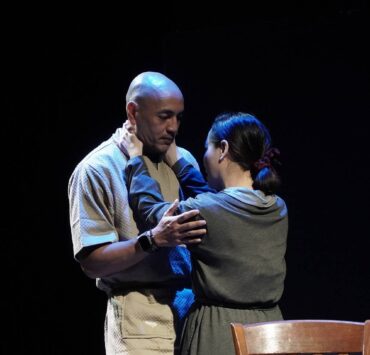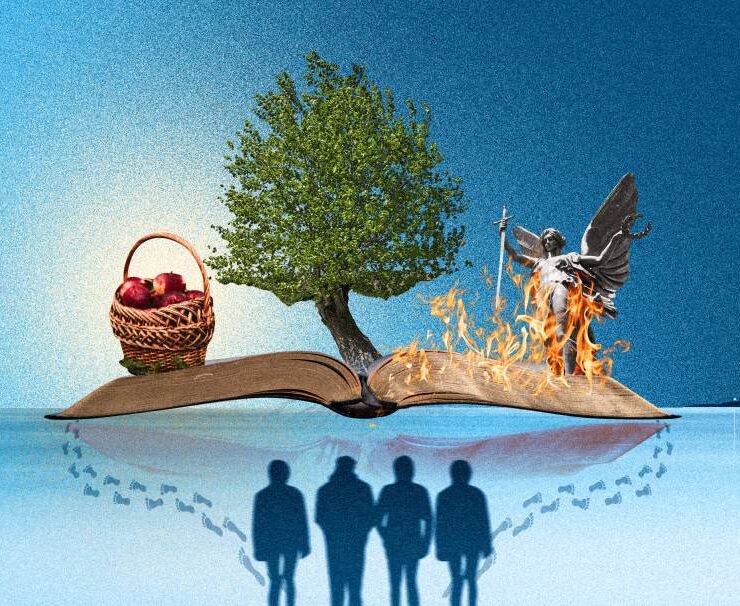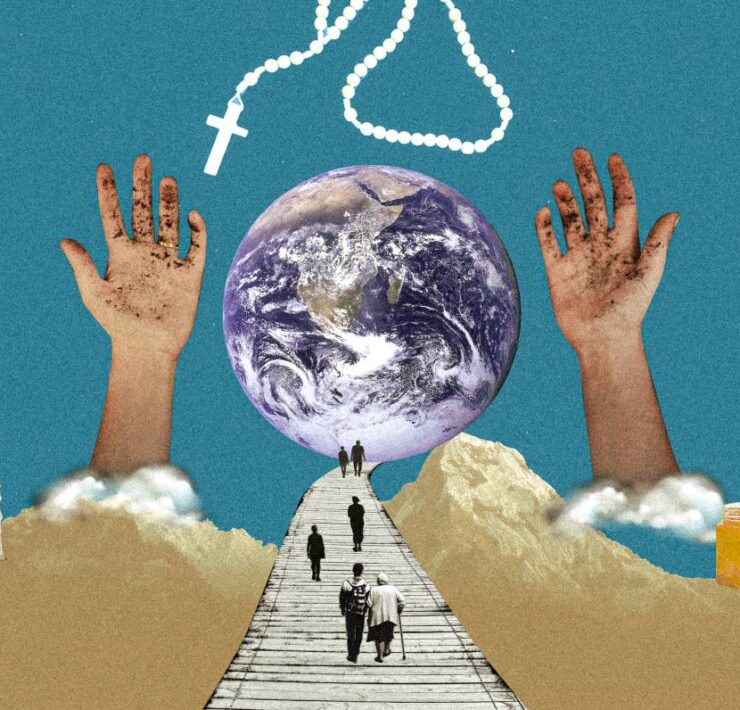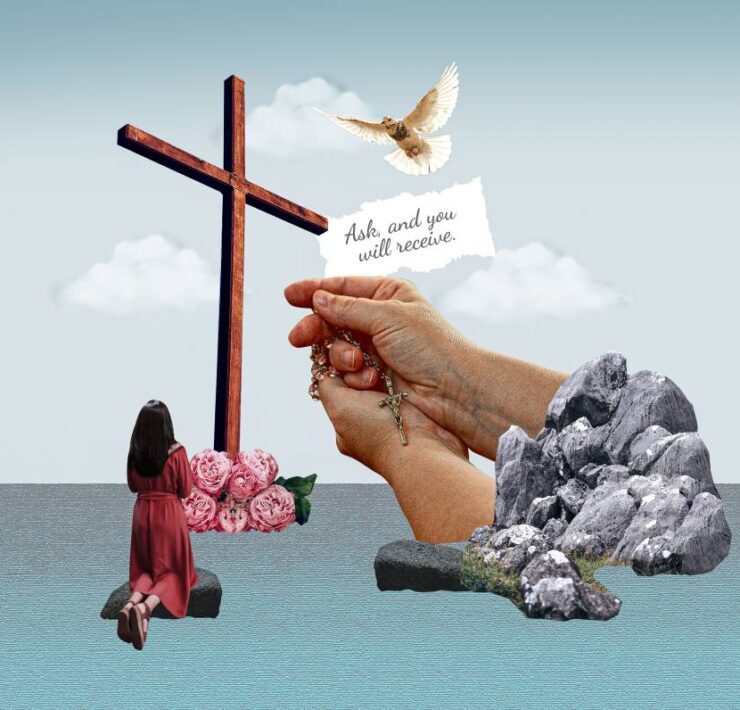A call to a rediscovery of hope

Feb. 23—Seventh Sunday in Ordinary Time
Readings: 1 Samuel 26:2, 7-9, 12-13, 22-23; Psalm 103, R. The Lord is kind and merciful.; 1 Corinthians 15:45-49; Gospel—Luke 6:27-38
Today’s Gospel is of great relevance, given the divisions and polarization that beset not just our society, but many parts of the world. The divisions engender meanness, and the polarization creates hardliners on both sides.
“ … Love your enemies, do good to those who hate you”—is this the antidote to the rut we find ourselves in?
This is the first point I invite you to reflect on. Can we sincerely overcome divisions and allow the possibility of loving our enemies? Can hardliners, who often demonize one another, allow the possibility of doing good to each other?
In the Feb. 2, 2025 pastoral letter of the Catholic Bishops’ Conference of the Philippines (CBCP) titled, “May Pag-Asa Pa Ba? A Pastoral Letter of the CBCP Calling to a Pilgrimage of Hope in the Jubilee Year of 2025,” our bishops stated:
“There is hope! May pag-asa! And St. Paul counsels us: ‘And let us not grow weary of doing good, for in due season we will reap if we do not give up’ (Galatians 6:9).”
I must add an important qualification: “Into the darkest and starkest situation of our country, we see love piercing through darkness, revealing glimpses of hope… This hope is not simply optimism or a positive feeling. These are glimpses of the gift of hope that comes from the Holy Spirit urging us to act.”
The bishops described very concrete examples of men and women living lives that do good, working for change, keeping hope alive.
In equally concrete descriptions, they also pointed out what is wrong in our country, the evil acts that brought upon us “the darkest and starkest situation of our country.”
Opportunity
I invite you to seek the light to shine on this “darkest and starkest situation” we are in. Our bishops gave us a possible path to this, inviting us to “examine ourselves and pursue the path of personal, institutional, and ecclesial conversion in order to rediscover hope. This is the opportunity that the Jubilee Year provides us.”
This is the second point for reflection. Can we sincerely examine ourselves—individually, as families, as communities, as organizations and institutions, as churches, as a nation—in a way that will lead us to a genuine conversion toward hope, a rediscovery of hope?
We cannot ignore this call, as our bishops also reminded us, given the “opportunity that the Jubilee Year provides us.”
As the Holy Father Pope Francis wrote (Bull of Indiction, Spes Non Confundit, #18): “Hope, together with faith and charity, makes up the triptych of the ‘theological virtues’ that express the heart of the Christian life (cf. 1 Cor 13:13; 1 Thess 1:3)… Surely we need to ‘abound in hope’ (cf. Rom 15:13), so that we may bear credible and attractive witness to the faith and love that dwell in our hearts; that our faith may be joyful and our charity enthusiastic; and that each of us may be able to offer a smile, a small gesture of friendship, a kind look, a ready ear, a good deed, in the knowledge that, in the Spirit of Jesus, these can become, for those who receive them, rich seeds of hope. Yet what is the basis of our hope? To understand this, let us stop and reflect on ‘the reasons for our hope’ (cf. 1 Pet 3:15).”
Reflection and conversion
“The reasons for our hope,” as the Holy Father put it—can we discover this in ourselves, in our homes and families, in our communities and institutions, in our society, in our church?
Can we overcome our divisions and meanness, our polarization and demonizing with a “faith [that is] joyful and our charity enthusiastic”?
A faith that is joyful is also a faith that does justice. It calls out what is wrong, as our bishops did, but invites all to reflection and conversion.
Corruption and greed are the enemies. The faith that does justice must look these in the eye and work with the victims of these enemies.
The majority victims are the poor and marginalized sectors of our society who are deprived of services they deserve and are even reduced to mendicancy under a politics of patronage system.
But there are also the minority victims, those who are the source of corruption driven by greed. They are tragic victims.
As clichéd as it may sound, the familiar saying is a good guide to start us off: “Hate the sin, love the sinner.”
The Lord invited us to do all this over 2,000 years ago. Some would say, “and look where we are now.”
Which brings me to the third and final point for our reflection from the bishops’ letter.
“May we not give up on one another and our country,” most especially when all reasonable facts seem to justify division and polarization, “for God does not give up on us.”





















